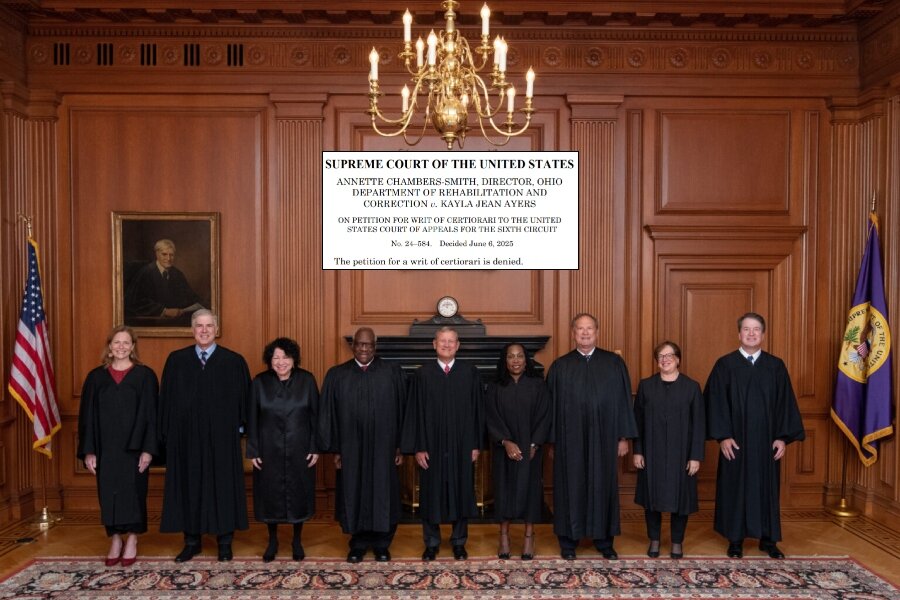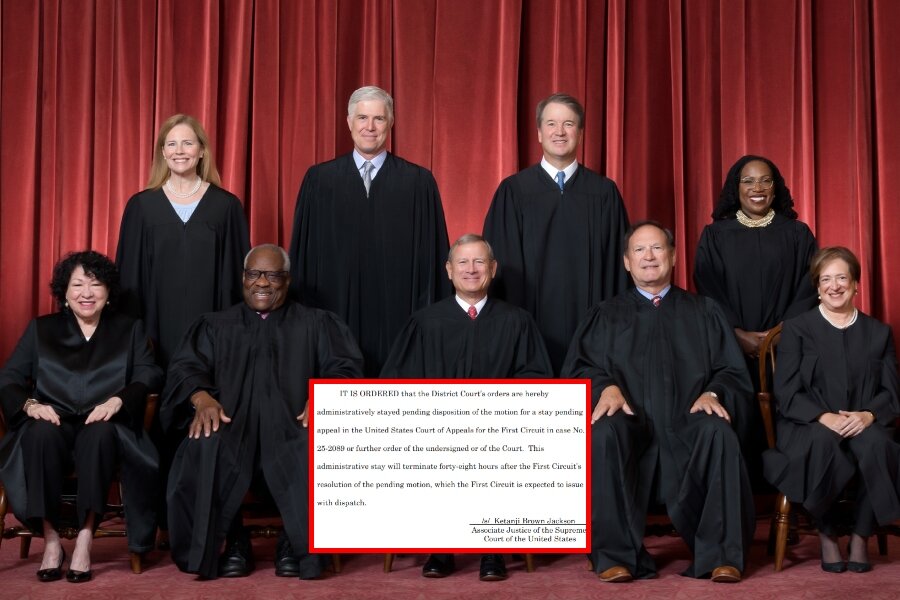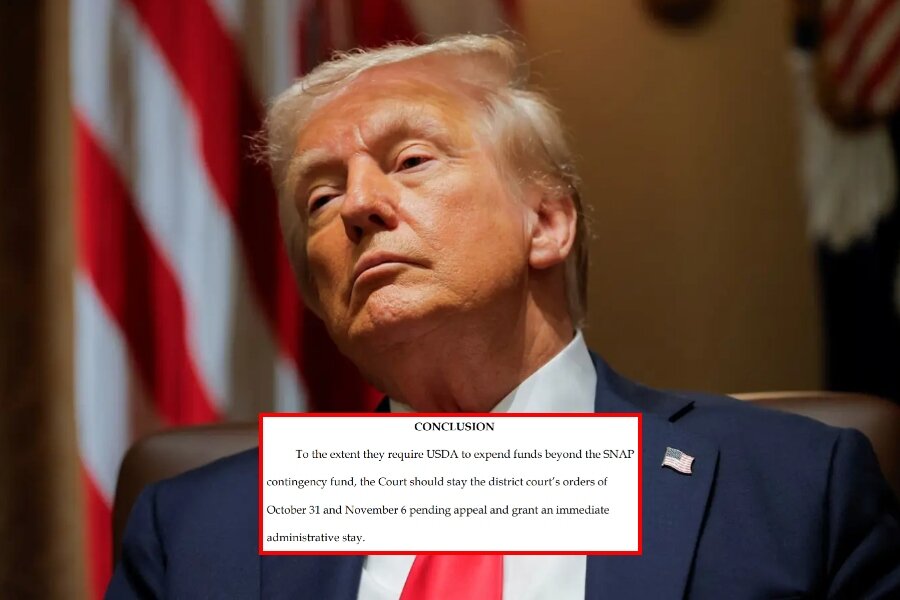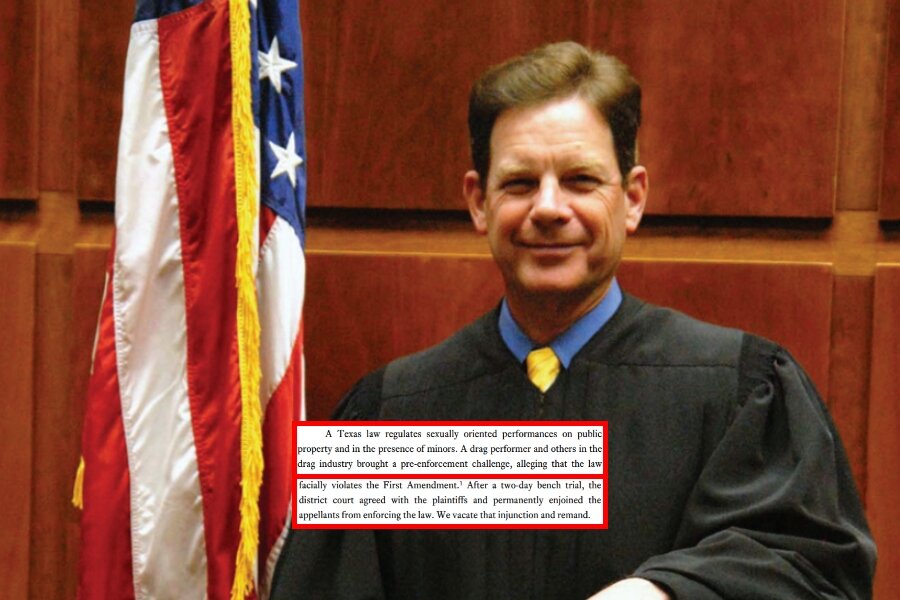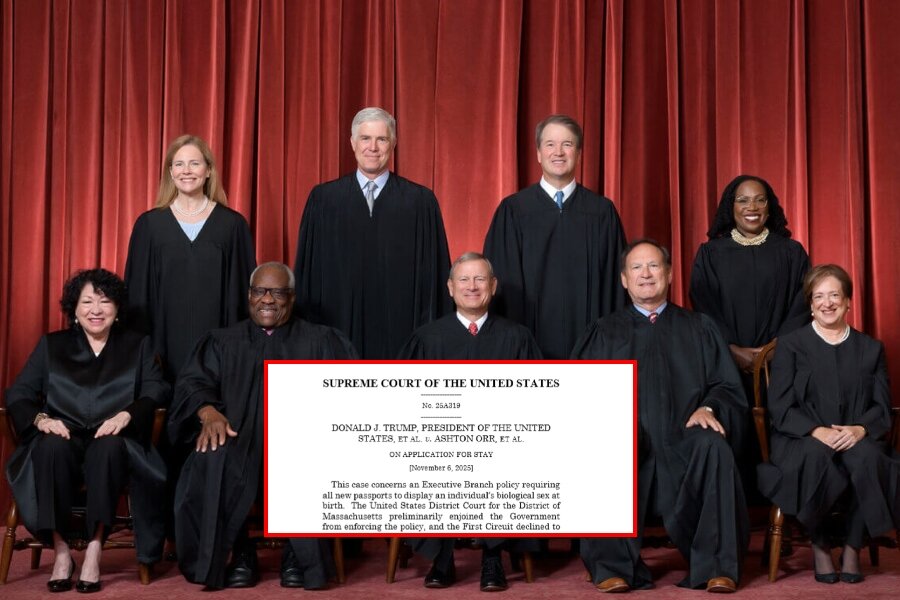The Supreme Court on June 6 turned away a legal challenge targeting the District of Columbia’s ban on magazines with more than 10 rounds of ammunition. The court denied the petition in Hanson v. District of Columbia in an unsigned order. No justices dissented. The court did not explain its decision.
The District enacted the Firearms Registration Amendment Act of 2008 after the Supreme Court invalidated the city’s sweeping restrictions on gun ownership in District of Columbia v. Heller (2008). In Heller, the nation’s highest court determined that individuals have a right to possess firearms for lawful purposes, including self-defense at home.
Lead petitioner Andrew Hanson and co-petitioners Tyler Yzaguirre, Nathan Chaney, and Eric Klun, who all have concealed carry pistol licenses in the District of Columbia, possessed magazines holding more than 10 rounds outside D.C. and said they would use their magazines for lawful purposes in the District if the 10-round limit did not apply.
Hanson argued in his petition that the District’s magazine cap is unconstitutional according to a test the Supreme Court developed in New York State Rifle and Pistol Association v. Bruen (2022), which recognized a right to bear arms in public for self-defense. Weeks after Bruen was decided, the petitioners sued the District of Columbia, seeking a declaration from a federal district court that the magazine cap ran afoul of the Second and Fifth Amendments.
U.S. District Judge Rudolph Contreras issued an April 2023 decision that denied Hanson’s request to block the law on constitutional grounds. Contreras held that the local law does not run afoul of the U.S. Constitution. The judge found that the District’s ammo limitation, which was aimed at promoting public safety, was justified. The ban constituted “an attempt to mitigate the carnage of mass shootings in this country.”
“Just as states and the District enacted sweeping laws restricting possession of high-capacity weapons in an attempt to reduce violence during the Prohibition era, so can the District now,” Contreras said.
Hanson appealed to the U.S. Court of Appeals for the District of Columbia Circuit, which on Oct. 29, 2024, voted 2-1 to deny a request for a preliminary injunction against the statute.
“For 15 years, District law enforcement has operated and been resourced with the magazine cap in place,” and an “‘erroneously issued’ preliminary injunction suspending its law could drastically compromise the District’s ability to enforce its magazine cap far into the future” and allow the district to be inundated with large-capacity magazines during the life of the injunction, the court majority said.
Circuit Judge Justin Walker dissented. In Heller, Walker said, the Supreme Court determined “that the government cannot categorically ban an arm in common use for lawful purposes.”
“Magazines holding more than 10 rounds of ammunition are arms in common use for lawful purposes. Therefore, the government cannot ban them,” Walker wrote.
According to the petition, the Supreme Court should take up the case because the D.C. Circuit Court’s ruling is inconsistent with Heller, which “protects the possession and use of weapons that are ‘in common use at the time.'” Even though the panel acknowledged that magazines containing 10 or more rounds are “in common use,” it found they were “particularly dangerous” and compared them to fully automatic machine guns.
The petitioners asked the Supreme Court to consider if the Second Amendment “allows a categorical ban on arms that are indisputably common throughout the United States and overwhelmingly used for lawful purposes (generally) and self-defense (specifically).”
Share your thoughts by scrolling down to leave a comment.

